Have you ever been told you are too senior for a role? Don’t be disheartened. Keep applying because, well…the job market currently is crazier than a walk through a lion cage with pork undies!

I understand how discouraging this can be. Following an investment of your time in reading through a job description, jumping online and researching the business to find that the role and company ticks all your boxes…you are excited…you apply confidently knowing that you can really nail this role. Then a few days later (and sometimes, if at all) you get a response:
“You have all the right skills we’re looking for, but you are too experienced for the role and we won’t be progressing further…”
Disheartened and frustrated, these feelings can impact your next application or interview process.
AN INVESTMENT OF TIME & MONEY GOES BOTH WAYS
I have had to be the one to deliver this very news to candidates. I hate it. It feels like a lazy response and I can offer zero advice to help that person out in their next application. But…there is a but. I can see it from the other side as well. Employers invest in such a large amount of time and money to ensure their staff are trained up and oftentimes with the lack of resources, I can easily forgive them for taking a safer option; On the flip side, we see jobseekers take a safer option when accepting as well – it goes both ways.
It’s a situation without an easy fix, and I certainly don’t have an answer.
Sadly, we rarely hear good news stories of a “too senior candidate” that absolutely nails a “too junior role”. The human brain has a natural tendency to give weight to (and remember) negative experiences or interactions more than positive ones. This negative bias means we only hear of the bad outcomes. The candidates that commit and then pull out for a better role in the first few months.
DON’T LOSE HOPE!
Well, this post is a shout-out for those of you that have experienced this situation – I see you. I hear you. Don’t lose hope.
Just recently, two clients have shared with me examples of where a more senior candidate applied for a role, progressed to interview and absolutely nailed it.
The outcome – both these clients had multiple opportunities they were recruiting for and as part of the interview process, both candidates ended up in a process for a bigger and better role than they first anticipated! In one case it’s going to result in a manager role for that candidate, and in the other, the candidate is stepping into a bigger role that wasn’t exactly in line with what they applied for however they were a perfect fit.
Both of these roles hadn’t gone to market and all of sudden these two candidates were first in the door for these new roles.
OVERCOME THE NO
My point is this – the job market is going crazy, but don’t let the fear of being told “No“, scare you off. Back yourself and don’t let the word no get you down because in this market, you could be the next success story.
Do you know of an “overqualified” candidate who nailed a more junior role? – Share the win!

General Manager, Halcyon Knights Corporate






